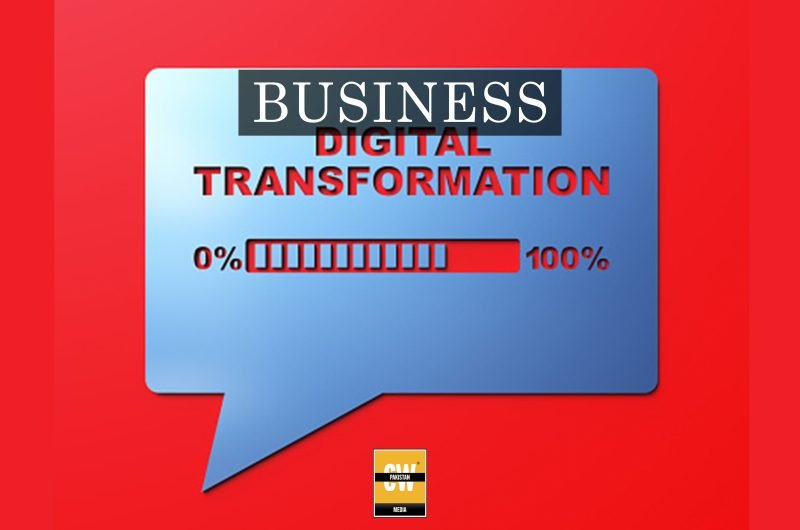FBR has mandated that all corporate entities and companies electronically integrate their hardware and software with a computerized system to generate and transmit electronic invoices. The new requirement, announced through S.R.O.709(I)/2025, is set to come into effect on May 1, 2025. This shift toward electronic invoicing will apply across the board, encompassing both corporate and non-corporate taxpayers without distinguishing between different sectors.
Previously, the requirement for electronic invoicing was limited to FMCG companies and tier-1 retailers. However, with the new directive, FBR has extended this requirement to include all corporate entities in the country, signaling a broader effort to streamline tax collection and combat tax evasion across various sectors of the economy. The primary goal of this initiative is to enhance the efficiency and effectiveness of Pakistan’s tax system. By requiring businesses to issue electronic invoices, the FBR aims to minimize the possibility of underreporting or fraudulent invoicing. This digital transformation is expected to provide the FBR with real-time access to transaction data, allowing for better monitoring and control over the economic activities of businesses operating in the country.
FBR has set a deadline of May 1, 2025, for corporate entities to comply with the new invoicing system, and businesses must ensure that their hardware and software are integrated with the computerized system by that time. This gives organizations a little over a year to prepare for the changes, ensuring that the transition is as smooth as possible. The move to electronic invoicing is also seen as a step towards greater digitalization in Pakistan’s tax administration, contributing to improved data accuracy and reduced manual intervention. Non-corporate registered taxpayers, on the other hand, have been granted a slightly extended deadline. They must integrate their systems by June 1, 2025, providing them with an additional month to comply with the new requirements. The FBR’s decision to allow more time for non-corporate taxpayers is aimed at providing smaller businesses with the opportunity to adapt to the new system while ensuring that they are not left behind in the modernization process.
The move to electronic invoicing is part of a broader global trend toward digitalization in tax systems. Many countries have already implemented similar systems to improve tax collection and curb fraud, and Pakistan is following suit with this latest policy. By automating invoicing processes, the FBR hopes to eliminate many of the inefficiencies and challenges associated with manual tax reporting. The new regulations also align with the government’s push towards creating a more business-friendly environment and improving the ease of doing business in Pakistan. By reducing paperwork and manual processing, electronic invoicing promises to save businesses both time and money. It also facilitates better data analysis, enabling the FBR to more effectively track economic activity and detect discrepancies in tax reporting. For businesses, the requirement to implement electronic invoicing will entail significant investments in technology and software. Companies will need to upgrade or replace their existing systems to comply with the new regulations. However, the long-term benefits of these changes are expected to outweigh the initial costs. The integration of electronic invoicing into business operations will also streamline internal processes, improving operational efficiency.
FBR has also made it clear that compliance will be strictly monitored, and businesses that fail to adhere to the new requirements by the specified deadlines may face penalties. The introduction of electronic invoicing is part of a broader strategy to create a more transparent, accountable, and efficient tax system in Pakistan. This initiative is expected to be a game-changer for Pakistan’s tax landscape, as it will increase the visibility of transactions, reduce opportunities for tax evasion, and ultimately enhance the country’s tax base. By bringing more transactions into the formal economy, FBR hopes to achieve a higher level of tax compliance and improve revenue generation for the government.
For businesses that are yet to start preparations for the transition, it is crucial to begin integrating their systems and ensuring compliance with the new regulations ahead of the May 1, 2025, deadline for corporate entities and June 1, 2025, for non-corporate taxpayers. The FBR has emphasized the importance of early preparation to avoid last-minute complications. As Pakistan continues to modernize its tax system and embrace digital transformation, the implementation of electronic invoicing represents a significant milestone. It marks a shift towards a more efficient, transparent, and technology-driven approach to tax administration, which will ultimately benefit both the government and businesses in the long run.










